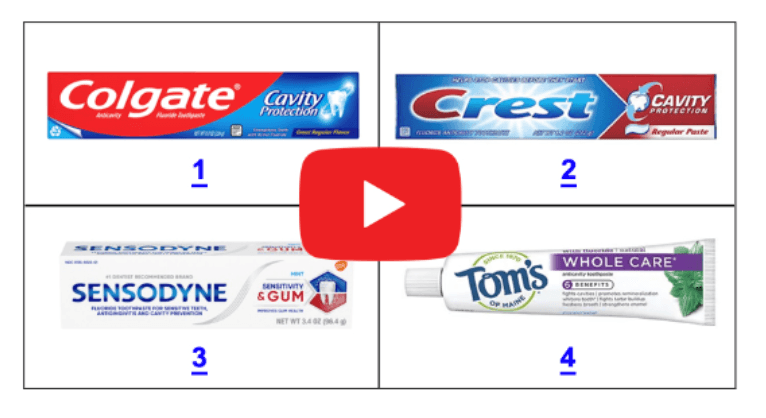What Happens To Your Body When You Eat Watermelon
Watermelon, a beloved summertime fruit, is not just a refreshing treat but also comes loaded with a host of health benefits. Incorporating it into your daily diet may positively impact your overall health.
With a water content of about 92%, watermelon is exceptionally hydrating. This makes it an excellent choice for quenching thirst, especially in the heat or after physical activity. Eating watermelon helps replenish fluids and electrolytes lost through sweat.
Watermelon is rich in several vital nutrients, including vitamins A, C, and B6, potassium, and magnesium. These nutrients support various bodily functions, making watermelon not only delicious but nutritious.
This fruit is a natural way to support heart health due to its lycopene and potassium content. Lycopene, an antioxidant, can help reduce inflammation and improve blood vessel function, potentially lowering heart disease risk.
Watermelon's high water content helps keep the skin hydrated and moisturized. It contains vitamin C, a powerful antioxidant crucial for protecting the skin from damage by free radicals, potentially leading to healthier, younger-looking skin. Lycopene further protects against UV damage.
Few know that watermelon can help soothe muscle soreness, thanks to its L-citrulline content. This amino acid, which converts to L-arginine in the body, may improve blood flow and reduce post-exercise discomfort.
Watermelon could contribute to lower blood pressure through its amino acid, citrulline. Researched for its potential to enhance artery function and produce nitric oxide, watermelon might be a beneficial addition to a blood pressure-friendly diet.
While watermelon can be beneficial, it should complement other healthy lifestyle practices such as regular exercise and a balanced diet.
From Around The Web
Wellness Inbox is a blog & weekly newsletter that curates trending news and products related to health and wellness from around the web. We also gather content from various sources, including leading health professionals, and deliver it directly to you.
Please note that we may receive compensation if you purchase any products featured in our newsletter. Wellness Inbox is not affiliated with, nor does it endorse, any health professionals whose content may appear in our newsletter. The information provided is for general informational purposes only and should not be considered medical advice.
The information provided is not intended to replace professional medical advice, diagnosis, or treatment. All content, including text, graphics, images, and information available is for general informational purposes only. We do not guarantee the accuracy or completeness of any information presented and assume no liability for any errors or omissions. The content is subject to change without notice. We encourage you to verify any information with other reliable sources and consult your physician regarding any medical conditions or treatments.







